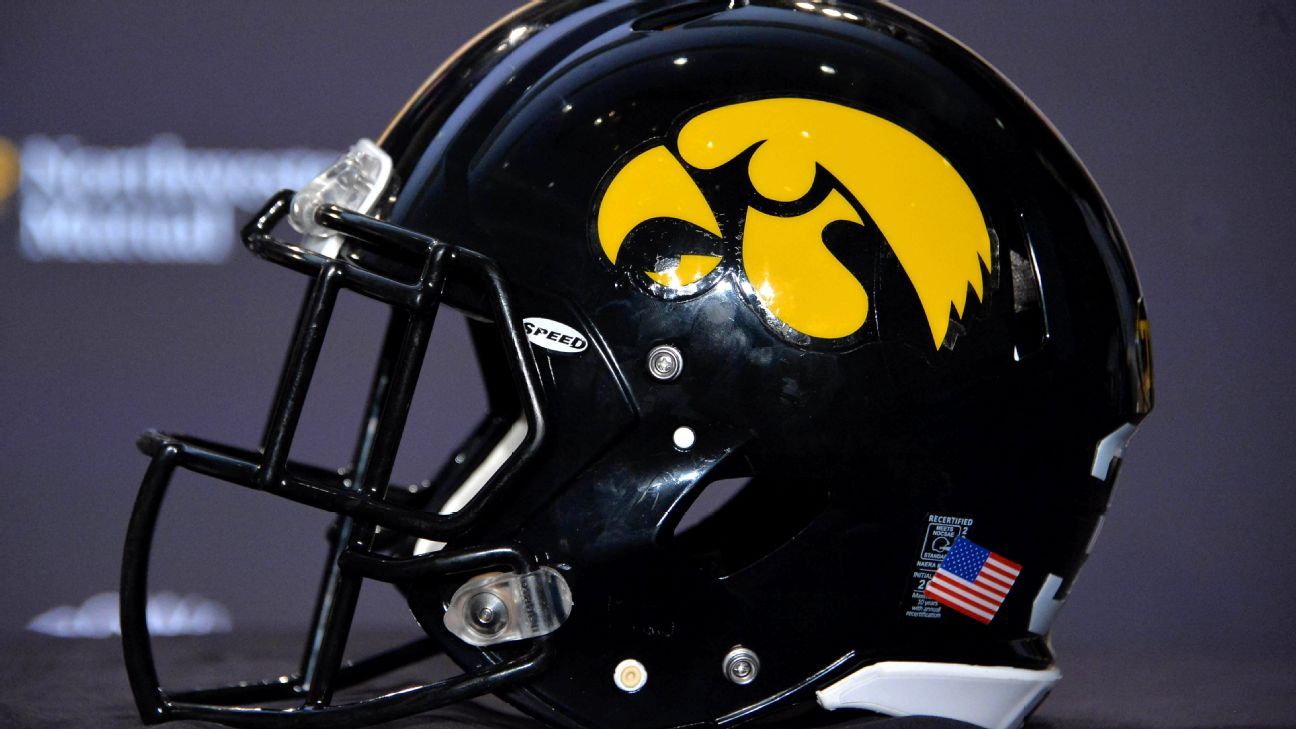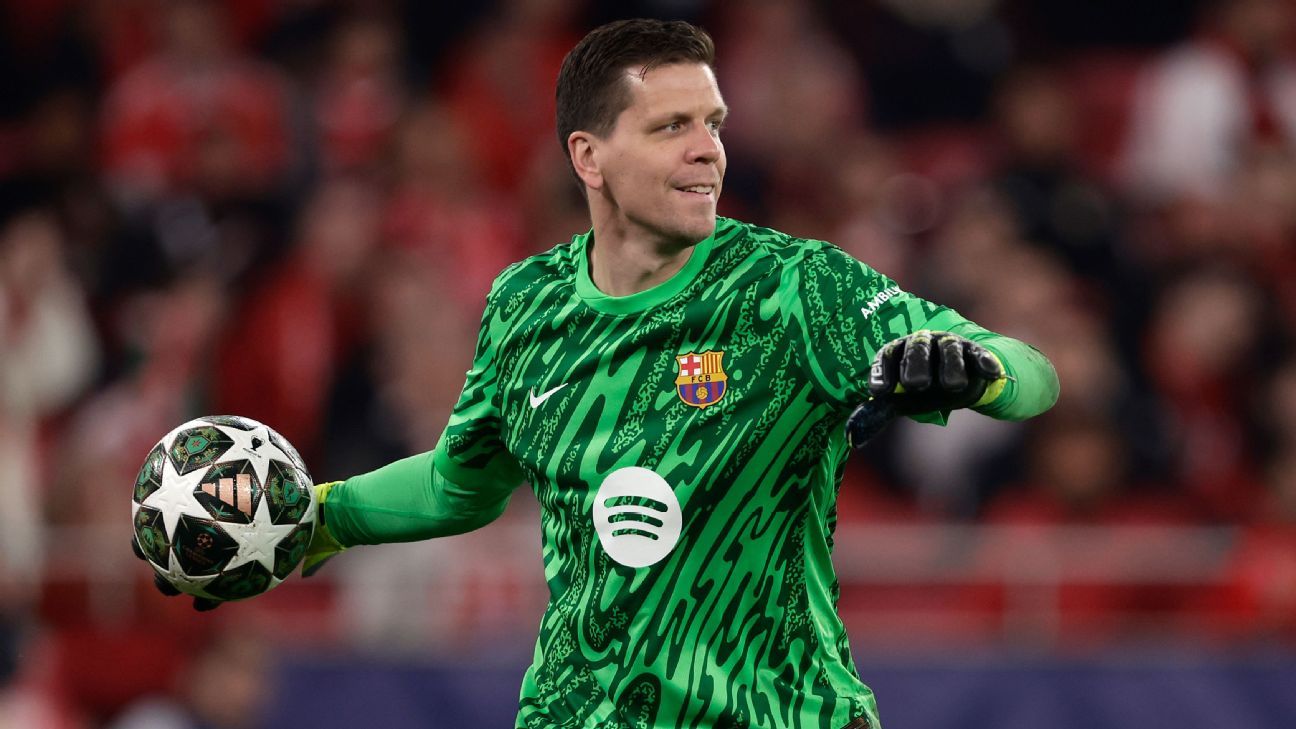
An external review of Iowa's football program found an environment where many Black players felt bullied and demeaned, and recommended that coach Kirk Ferentz and athletic director Gary Barta take steps to improve the culture.
Iowa commissioned the review, conducted by Missouri-based firm Husch Blackwell, after claims from more than 60 former players in early June about racial inequities in the football program. The review found many positive comments from current and former players toward Ferentz, but it identified three members of the coaching staff, on-field or from the strength and conditioning program, who "abused their power and verbally abused and bullied players."
Iowa on June 14 reached a separation agreement with longtime strength and conditioning coach Chris Doyle, who was the subject of many allegations of mistreatment by Black former players. Doyle, who denied any wrongdoing on the basis of race, received approximately $1.1 million (15 months' salary) as part of the agreement.
Husch Blackwell said it is providing four personnel reports summarizing specific allegations of mistreatment by current and former Iowa football employees.
Several players told investigators that Iowa's issues around race were "not just a Chris Doyle problem" and that Doyle should not be a "scapegoat" for broader issues. Ferentz and Barta have a news conference scheduled for 2 p.m. ET.
"I have read the report, and it is clear that the climate and culture must and will change within our football program," university president Bruce Harreld said in a prepared statement. "Our student-athletes must have the ability to be true to themselves, and we cannot and will not tolerate a systemic process that inhibits authenticity."
Ferentz, who has led Iowa's program since 1999, said in a prepared statement that the review "brings us face-to-face with allegations of uneven treatment, where our culture that mandated uniformity caused many Black players to feel they were unable to show up as their authentic selves.
"I want to apologize for the pain and frustration they felt, at a time when I was trusted to help each of them become a better player, and a better person."
Husch Blackwell spoke with 111 people, including 45 current and 29 former Iowa football players, and 36 current and former employees of the program. The review covered areas such as differential treatment of Black players, retention of Black players, allegations regarding NFL draft prospects and the overall racial climate at Iowa.
A coach told investigators that he doesn't believe Iowa runs a racist program but that it is hurt by having one or two coaches holding too much power. That same coach echoed many of the players' allegations in saying it's more difficult for Black players because they have to conform to different standards.
"A second coach stated that players have told him the Iowa Way means 'you act like a White person and cannot be yourself,'" the report reads.
Several players interviewed told investigators they thought Iowa's team rules targeted Black players, with one saying coaches used restrictions to "eliminate Black culture." Many former players said Iowa's Black players were subject to harsher and more frequent discipline than their white teammates.
According to the report, a coach said he brought up the differences in treatment of Black players to Ferentz "a couple of times over the last four years with no resulting change." A separate report by Iowa's athletics diversity task force also cited an employee who said Black players received harsher punishments and didn't feel welcome in the football building. Ferentz told investigators that he read the diversity task force's report in 2019 and shared "relevant information" with his staff.
A coach also told Husch Blackwell that Black players were held to different standards regarding weight loss and weight goals but did not inform anyone "due to fear of retaliation."
Several former players described verbal abuse they received from coaches, including a Black former player who told investigators it "seemed like every Black player had two strikes the day we entered Iowa. ... I was either a criminal or a dumb motherf---er to these guys."
Husch Blackwell investigators found that many players had positive comments about Ferentz and their position coaches but that many still felt "unhappy and unwelcome" at Iowa.
ESPN's Tom VanHaaren contributed to this report.















 Phone: (800) 737. 6040
Phone: (800) 737. 6040 Fax: (800) 825 5558
Fax: (800) 825 5558 Website:
Website:  Email:
Email: 






